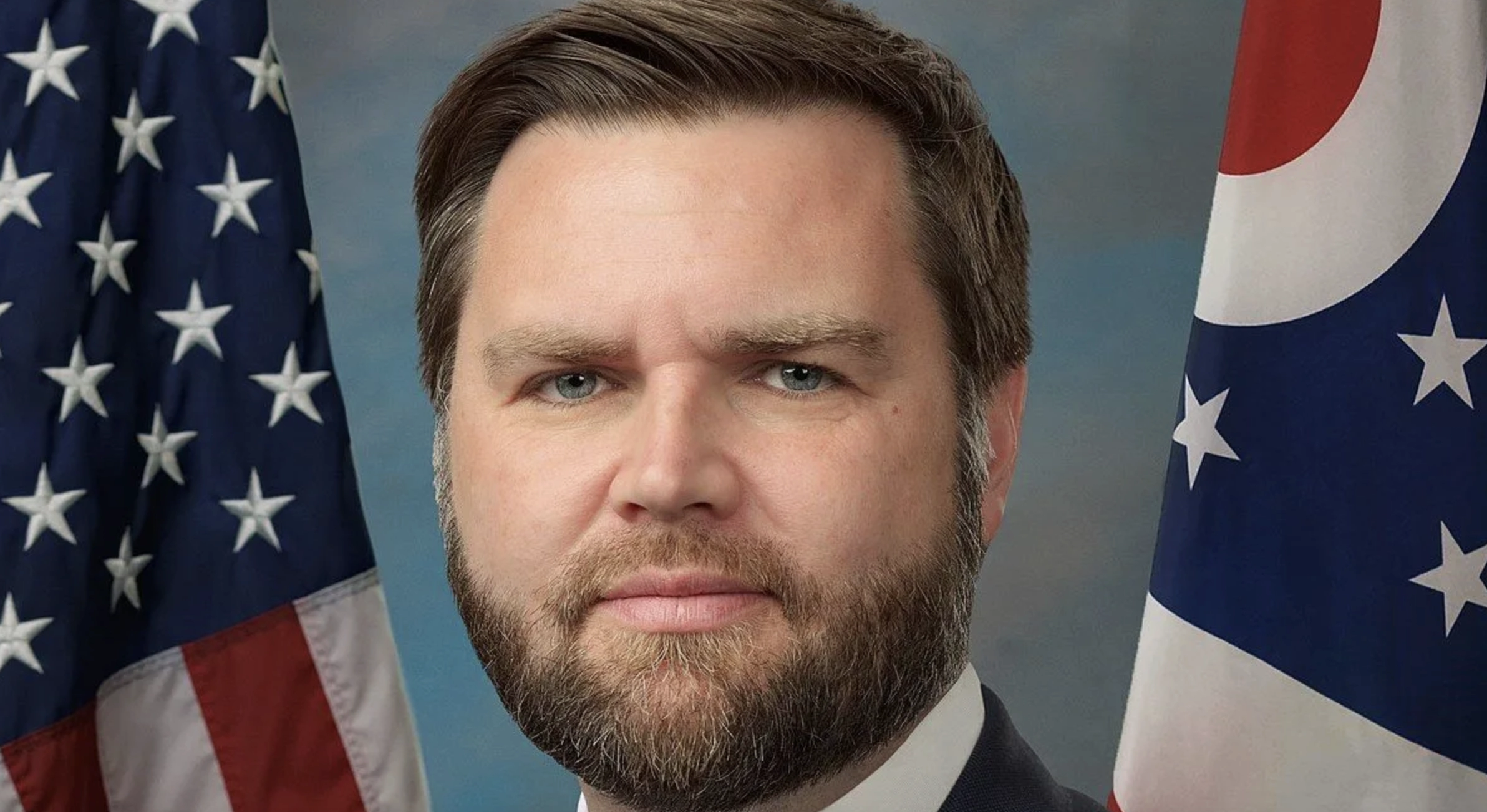U.S. Sen. J.D. Vance (R-Ohio) penned the letter below to the U.S. Department of Agriculture:
Dear Secretary Vilsack and Chief Moore,
I write to express my strong opposition to the U.S. Forest Service’s plan to strip Wayne National Forest of its historically significant name. This federal effort denigrates Ohio history and represents a lack of fidelity to our nation’s founding generation.
General Anthony Wayne was a Founding Father for both Ohio and the United States. Born in Pennsylvania in 1745, he spent his early years working for Benjamin Franklin to survey Nova Scotia and serving as a member of the Pennsylvania General Assembly. When the Revolutionary War broke out in 1775, Wayne answered the call of his infant country and raised a militia unit to secure American independence. Fighting from Quebec to Philadelphia and Yorktown, Wayne led patriot forces alongside George Washington, even wintering with General Washington at Valley Forge. After the U.S. achieved victory over the British in 1783, Wayne retired from the Continental Army with the rank of major general and a Congressional Gold Medal.
Wayne’s history in Ohio began when he was recalled to American service by President Washington and appointed as our nation’s fifth Senior Officer of the United States Army. Washington charged Wayne with defending American settlers in the Northwest Territory, which was officially ceded by the British in the Treaty of Paris but still occupied by redcoats. Britain used their military presence in present-day Ohio to arm and train their Revolutionary War Indian allies in raiding American settlements. Wayne commanded his newly created Legion of the United States to several decisive victories over the British and their Indian allies of the Northwestern Confederacy, eventually reversing earlier American setbacks, expelling the British and signing the Treaty of Greenville with the Confederacy. This treaty ended the Northwest Indian War and established an official border between the U.S. and Confederacy, opening much of Ohio to American settlement and recognizing Indiana as Indian territory. Wayne died one year later, in 1796, preventing him from seeing Ohio become a state in 1803.
I was disappointed to read in your press release announcing this renaming that the United States Department of Agriculture regards the armed conflict between British forces illegally occupying American territory, their well-armed Indian allies and the American army as a “violent campaign against the Indigenous peoples of Ohio.” Further, I was baffled to read that the USDA views the subsequent peace treaty, which established a defined territorial boundary between Indians and settlers, as a mechanism for “removal [of Indians] from their homelands.” This was a war, fought by nations and peoples of equal dignity, concluded with an internationally recognized treaty. Insofar as this treaty was later violated, such violations occurred long after Wayne’s death.
I also take exception to the USDA’s designation of Wayne’s legacy as “complicated.” Labeling the life and times of Wayne in such a way is an all-too-common dismissive, academic handwave that is beneath the dignity of the United States government. This sterile summarization is part of a wider federal trend that is replacing real people with abstract things and real histories with vapid anecdotes. Wayne heroically served our nation in a time when its continued existence was not a foregone conclusion. He fought wars and won peace for our government, the government you now serve, and hewed Ohio out of rugged wilderness and occupied enemy territory. Just as the United States would not exist without George Washington, Ohio would not exist without Anthony Wayne.
Unfortunately, I am left to conclude that the USDA possesses such a low opinion of Ohioans that you believe us incapable of appreciating the complexities of American history. You cite Wayne’s name as “offensive because of this history of violence.” I submit to you that our nation was born in war and there would be little left of American history if we censored out all instances of violence. You say that you sought input from the American Indian Tribes. I suggest that you give due weight to the comments of Ohioans who live near Wayne National Forest or share an affection for General Wayne that comes with being his beneficiaries.
Finally, I ask that you reverse this misguided decision to rename Wayne National Forest. It would greatly benefit Ohioans, and all Americans, if our government could be counted on to defend our Founding Fathers instead of capitulating to politically motivated renaming efforts. Until such courage can be found, I humbly recommend that the federal government disband all renaming committees.


